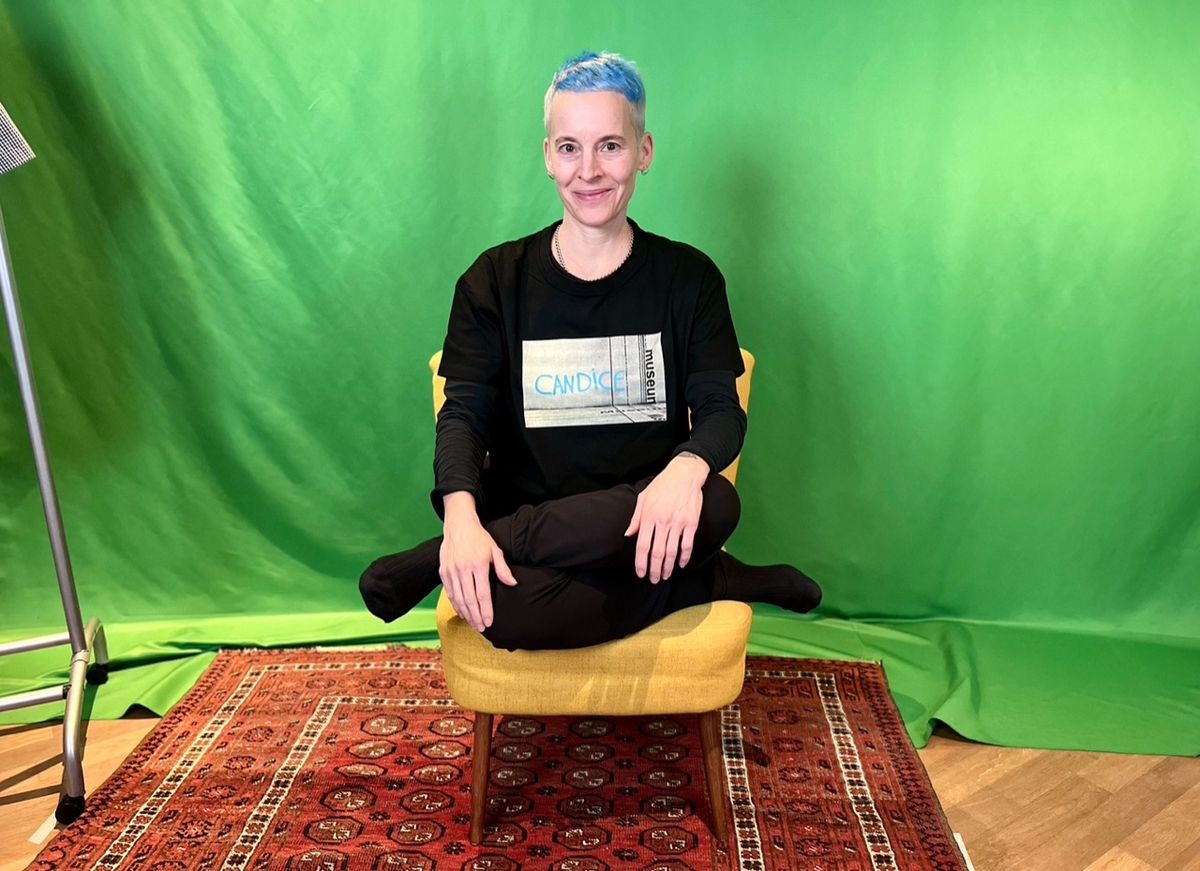The director at the centre of a row over a cancelled show of works by the artist Candice Breitz has decided to step down. Andrea Jahn, the director of the Saarlandmuseum in Saarbrücken, east Germany, and art and culture director of the Saarland Cultural Heritage Foundation, will depart in April, according to Monopol magazine. She is stepping down more than a year before her contract is due to expire.
The controversy began over comments Breitz, who is Jewish, made about the conflict in Gaza. At the end of October, she wrote on social media that it was “possible to support the Palestinian struggle for basic rights and human dignity—including liberation from decades of oppression—while unequivocally condemning the horrific carnage exacted on 7 October, and the cruel stranglehold that Hamas exerts on Gazan civilians (to the advantage of Israel’s sadist leaders). Hamas is not Palestine.”
In November the Saarlandmuseum cancelled Breitz’s exhibition, saying it would not show the art of any artist “who does not clearly recognise Hamas’s terror as a rupture of civilisation”. Later this year Breitz was set to present TLDR (2017), a video installation about sex workers in Cape Town, South Africa, at the museum.
It was not clear, however, from a statement issued by the Stiftung Saarländischer Kulturbesitz (Saarland Cultural Heritage Foundation) what comments Breitz had made that prompted the decision, which was taken in consultation with Jewish community representatives in the state of Saarland.
In a statement sent to The Art Newspaper after publication, Breitz questioned that Jahn consulted “with ‘Jewish community representatives’ who have some kind of representative authority or are designated as spokespeople for Jewish community”. She said: ”Specifically, [Jahn] consulted with members of the local synagogue (in German, the word for this is ’Synagogengemeinde’).” The Saarland Cultural Heritage Foundation did not respond to a request for further comment on this point.
Breitz said at the time that she was not consulted about the decision to cancel her show beforehand, telling The Art Newspaper that she has “condemned Hamas loudly and unequivocally on a number of occasions, many of which are well-documented,” and added that the “level of German self-righteousness is beyond absurd”.
In a lengthy statement posted on Instagram on 12 March, Breitz said: “Jahn’s complicity with the second character in this story—Christine Streichert-Clivot, Saarland’s Minister of Culture and Education—has thickened and grown increasingly vindictive… it became increasingly clear that both German women had decided that it was fully kosher to denounce and slander a Jewish artist as antisemitic to the ends of preserving their own careers and reputations.”
Streichert-Clivot says in a statement: “The last few months have not been easy, not for Dr Jahn and especially not for the foundation” which needs a “new and self-confident approach to their collection, also in order to reach new and younger groups of visitors. The focus should now be on the networking of the foundation's museums with other cultural locations in Saarland again.”
Jahn adds in the press statement: “The experiences with the artist Candice Breitz are very ambivalent. They were initially very productive in their first curatorial phase. I had visited a number of her exhibitions over three years, corresponded with museum colleagues about her work and, in close collaboration with her, further developed our own exhibition project in the Modern Gallery [of the Saarlandmuseum].
“During this phase, there was never any indication to me of her activist position, which made it impossible for the planned exhibition to take place without conflict, especially after the Hamas attack on Israel on 7 October… Museums are places of togetherness, places where people feel safe and cannot feel excluded by the artist's actions, places where an appreciative dialogue must be made possible.”
In response, Breitz said after publication: “Jahn followed me on Facebook for years, often interacting with my posts. I have frequently shared my views regarding Israel-Palestine via my social media. It is utterly disingenuous for her to claim that she was not aware of my ‘activist position’ after working with me closely for three years and keeping tabs on my social media posts.”
The Saarland Cultural Heritage Foundation did not respond to a request for comment on this statement.


